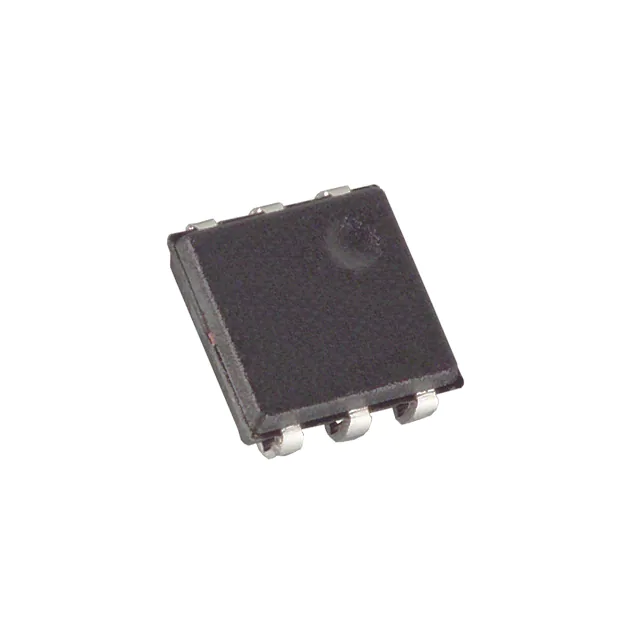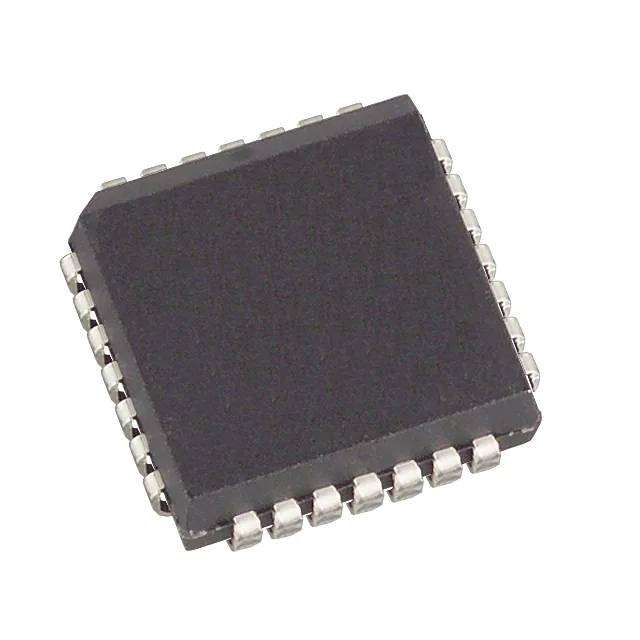The DS28E07P+ is a 1024-bit, 1-Wire EEPROM chip organized as four memory pages of 256 bits each. Data is written to an 8-byte scratchpad, verified, and then copied to the EEPROM memory. As a special feature, the four user memory pages can individually be write protected or put in EPROM-emulation mode, where bits can only be changed from a 1 to a 0 state. Each device has its own guaranteed unique 64-bit ROM identification number (ROM ID) that is factory programmed into the chip. The communication follows the 1-Wire protocol with the ROM ID acting as node address in the case of a multiple-device 1-Wire network.
Feature
- Partitioning of Memory Provides Greater Flexibility in Programming User Data
- 1024 Bits of EEPROM Memory Organized as Four Pages of 256 Bits
- Individual Memory Pages Can Be Permanently Write Protected or Put in EPROM-Emulation Mode (Write to 0)
- Advanced 1-Wire Protocol Minimizes Interface to Just Single IO Reducing Required Pin Count and Enhancing Reliability
- Unique Factory-Programmed, Unalterable 64-Bit Identification Number
- Switchpoint Hysteresis and Filtering to Optimize Performance in the Presence of Noise
- Communicates to Host with a Single Digital Signal at 15.4kbps or 125kbps Using 1-Wire Protocol
- Reads and Writes over a Wide Voltage Range from 3.0V to 5.25V from -40°C to +85°C
- ±8kV HBM ESD Protection (typ) for IO Pin
Applications
- Accessory/PCB Identification
- After-Market Management of Consumables
- Analog Sensor Calibration Including IEEE P1451.4 Smart Sensors
- Ink and Toner Print Cartridge Identification
- Medical Sensor Calibration Data Storage














